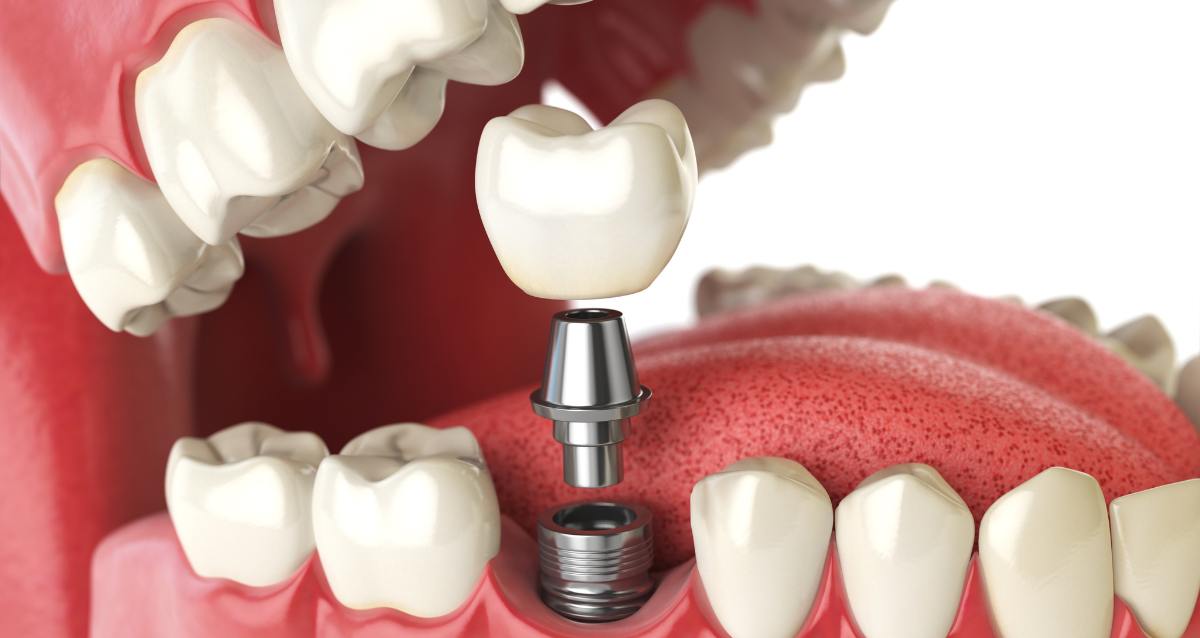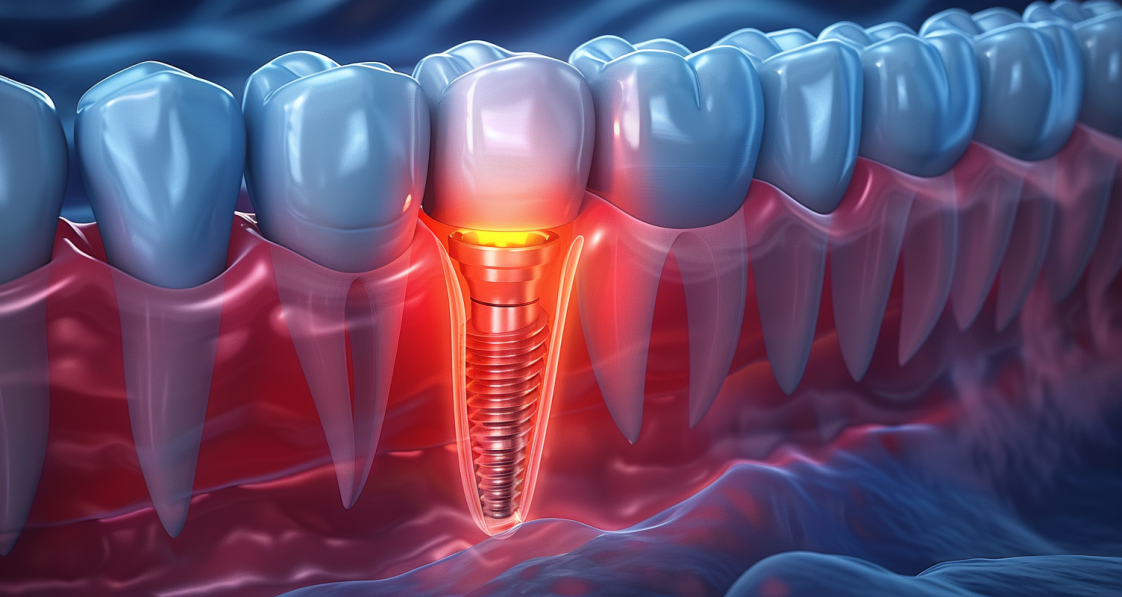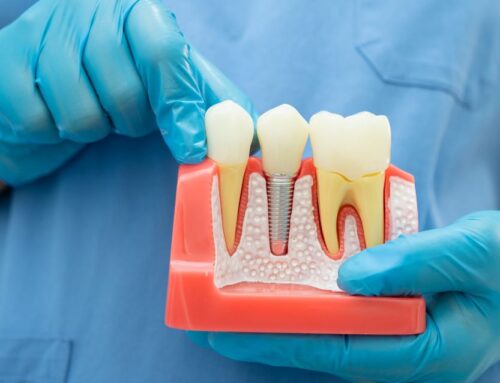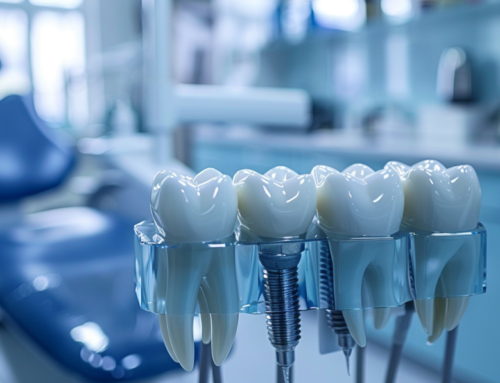What Are Dental Implants? A Complete Guide
Dental implants have revolutionized the field of dentistry, offering a permanent solution for missing teeth. If you’re considering dental implants, you may have questions about what they are and how they work. In this comprehensive guide, we’ll explore everything you need to know about dental implants in the UK, from their definition and types to their benefits and the implant process.
What Are Dental Implants?
Dental implants are artificial tooth roots made of biocompatible materials, usually titanium, that are surgically placed into the jawbone to support replacement teeth. These replacement teeth can be individual crowns, bridges, or even full dentures, depending on the patient’s needs.
Types of Dental Implants
There are several types of dental implants, each designed to address specific dental needs:
1. Endosteal Implants: These are the most common type of dental implants and involve surgically placing the implant directly into the jawbone. Once the surrounding gum tissue has healed, a second surgery is performed to attach a post to the implant, onto which the artificial tooth or teeth are then mounted.
2. Subperiosteal Implants: Subperiosteal implants are placed on top of the jawbone, underneath the gum tissue. A metal frame is fitted onto the jawbone, and as the gums heal, the frame becomes fixed to the bone. Prosthetic teeth are then mounted onto the posts that protrude from the gums.
3. All-on-4 Implants: This innovative technique involves attaching a full arch of teeth to just four strategically placed implants. All-on-4 implants are ideal for patients who have lost most or all of their teeth and are looking for a more cost-effective and less invasive solution than traditional implants.
Benefits of Dental Implants
Dental implants offer numerous benefits compared to other tooth replacement options:
1. Improved Aesthetics: Dental implants look and feel like natural teeth, providing a more aesthetically pleasing smile.
2. Enhanced Speech: Unlike removable dentures, which can slip and cause speech difficulties, dental implants allow for clear and natural speech.
3. Improved Comfort: Dental implants become a permanent part of your mouth, eliminating the discomfort and irritation often associated with removable dentures.
4. Better Oral Health: Unlike traditional bridges, which require the adjacent teeth to be filed down, dental implants preserve the natural structure of adjacent teeth, promoting better oral health in the long term.
5. Increased Confidence: Dental implants restore your ability to eat, speak, and smile with confidence, improving your quality of life and self-esteem.
The Dental Implant Process
The process of getting dental implants typically involves several steps:
1. Initial Consultation: During your first visit, your dentist will evaluate your oral health and discuss your treatment options. This may involve X-rays and scans to assess the condition of your jawbone.
2. Implant Placement: The next step is the surgical placement of the dental implant into the jawbone. This procedure is usually performed under local anesthesia to minimize discomfort.
3. Healing Period: After implant placement, there is a healing period of several months during which the implant fuses with the surrounding bone in a process called osseointegration.
4. Abutment Placement: Once the implant has integrated with the jawbone, a small connector called an abutment is attached to the implant. This serves as the foundation for the artificial tooth or teeth.
5. Final Restoration: The final step involves attaching the artificial tooth or teeth to the abutment. These restorations are custom-made to match the size, shape, and color of your natural teeth for a seamless smile.
Caring for Dental Implants
Proper care and maintenance are essential for the long-term success of dental implants:
1. Brush and Floss Regularly: Just like natural teeth, dental implants require regular brushing and flossing to remove plaque and bacteria.
2. Regular Dental Check-ups: Schedule regular dental check-ups to monitor the health of your dental implants and ensure they are functioning properly.
3. Avoid Hard Foods: Be mindful of chewing on hard foods or objects that could damage your implants or restorations.
4. Quit Smoking: Smoking can increase the risk of implant failure, so if you’re a smoker, consider quitting to improve the success rate of your implants.
Dental implants are a reliable and long-lasting solution for missing teeth, offering numerous benefits for oral health and quality of life. Whether you’re missing one tooth or an entire arch, dental implants can restore your smile and confidence with natural-looking results. If you’re considering dental implants, consult with a qualified implant dentist to explore your options and create a treatment plan tailored to your needs. With proper care and maintenance, dental implants can provide a lifetime of smiles and improved oral health.













